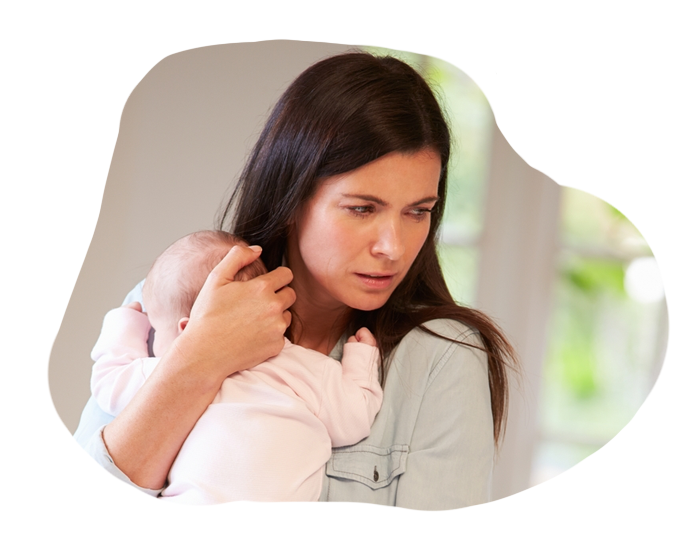
Who Can Commit Child Abuse

The Child Protective Services Law (CPSL) defines who can be considered a Perpetrator for an act of child abuse as:
- A parent of the child;
- A spouse or former spouse of the child’s parent;
- A paramour or former paramour of the child’s parent;
- A person 14 years of age or older responsible for the welfare of a child or having direct contact with children as an employee of child-care services, a school, or through a program, activity or service;
- An individual 14 years of age or older who resides in the same home as the child;
- An individual 18 years of age or older who does not reside in the same home as the child but is related within the third degree of consanguinity or affinity by birth or adoption to the child;
- An individual 18 years of age or older who engages a child in severe forms of trafficking in persons or sex trafficking, as those terms are defined under section 103 of the Trafficking Victims Protection Act of 2000 (114 Stat. 1466, 22 U.S.C. 7102).

The Child Protective Services Law (CPSL) defines who can be considered a Perpetrator for a failure to act, which allowed child abuse to occur as:
- A parent of the child;
- A spouse or former spouse of the child’s parent;
- A paramour or former paramour of the child’s parent;
- Person 18 years of age or older who is responsible for the child’s welfare;
- A person 18 years of age or older who resides in the same home as the child.